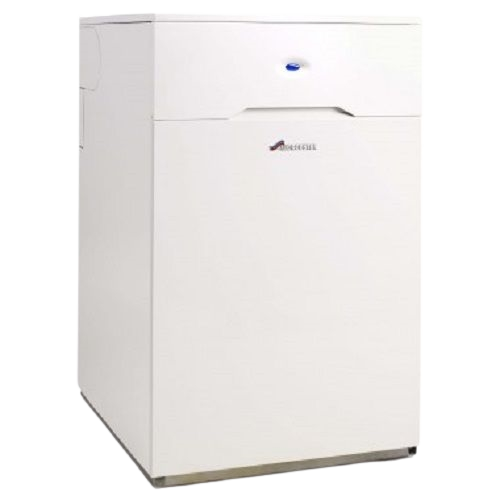Having an Oil Boiler Essex installed in your home is a good idea, especially if you live in a hot climate. This is because it provides you with hot water when you need it, rather than waiting for it to heat up, as is often the case. You will also benefit from its efficient use of energy and its ability to recycle the waste gases that would otherwise be released into the air.
Costs
Depending on the type of home you live in, the cost of oil boilers in Essex will vary. Oil boilers are generally more expensive than gas boilers. However, they are also less expensive to operate for the long term.
The costs of Oil Boilers Essex will vary depending on the type of boiler, the amount of oil used per hour, and the location of the home. Most oil boilers will require a flue. A flue is required to vent the heat from the boiler.
Oil boilers produce soot and debris, which can clog oil lines and parts of the equipment. This can reduce the efficiency of the boiler. It is important to have the boiler serviced regularly. During a service, the technician will clean the clogged lines and change the oil valves. Keeping the boiler clean can save you money on fuel.
Efficiency
Almost 4 million households in the UK use oil boilers for home heating. These boilers are a very effective form of heating and are normally found in homes that are not connected to the gas grid.
The efficiency of oil boilers can vary from around ninety percent to ninety seven percent. This means that for every PS1 spent on fuel, about 90 pence is converted into usable heat.
New high efficiency boilers can be up to twenty-three percent more efficient than their older counterparts. This means that you could save up to fifty percent on your utility bills. These boilers are rated by the ENERGY STAR(r) program. They are also eligible for tax credits.
There are three main types of oil boilers. They are regular, condensing and combi. They all work differently and you will need to set them up differently.
On demand hot water priority
Using an Oil boilers Essex on demand hot water system is a great way to save money on your water bill. A well maintained system can last for decades. There are two main types of oil boilers, heat only and combination condensing. Both types have their own strengths and weaknesses. There are a few things you should know about choosing the right boiler for your home. There are many types of boilers to choose from.
The best way to decide which one to buy is to take into account the style of your home and what you need the boiler for. You’ll also want to consider how much space you’ll have in your home. A boiler sized for heating only will not be able to cope with domestic hot water. A combination condensing boiler has an internal storage tank for hot water.
Recycle waste gases
Using a waste oil boiler to burn oil for heat is a no brainer. The cost of fuel has dropped considerably in recent years, and there are incentives available to businesses to install such devices. The heat is not only useful, it is environmentally friendly. The best part is the waste slinger’s job is done for him!
Of course, a waste oil boiler is not the only way to burn oil for heat. In fact, there is a growing industry of manufacturers that cater to the needs of industrial users. There are even waste oil boilers on the market that burn transmission oil. The best part is that the resulting heat is not only environmentally friendly, it is also clean and safe.
Installation cost
Whether you want a new oil boiler or are looking to upgrade your existing system, a good starting point is to look at the average cost of installing a boiler. These costs vary based on the type of boiler you have, the size of your home, and the region you live in.
Oil boilers are generally less expensive to install than natural gas boilers. They are also quieter and cleaner. However, they do require more maintenance. You should schedule an oil boiler tune-up every 2 to 3 years, which includes changing oil valves, cleaning clogged lines, and making small repairs.
Installation costs vary depending on the size of the boiler, its brand, and the region you live in. Some systems require a long pipe through your home, while others are self-venting. Those that require a long pipe may also require a new oil tank.